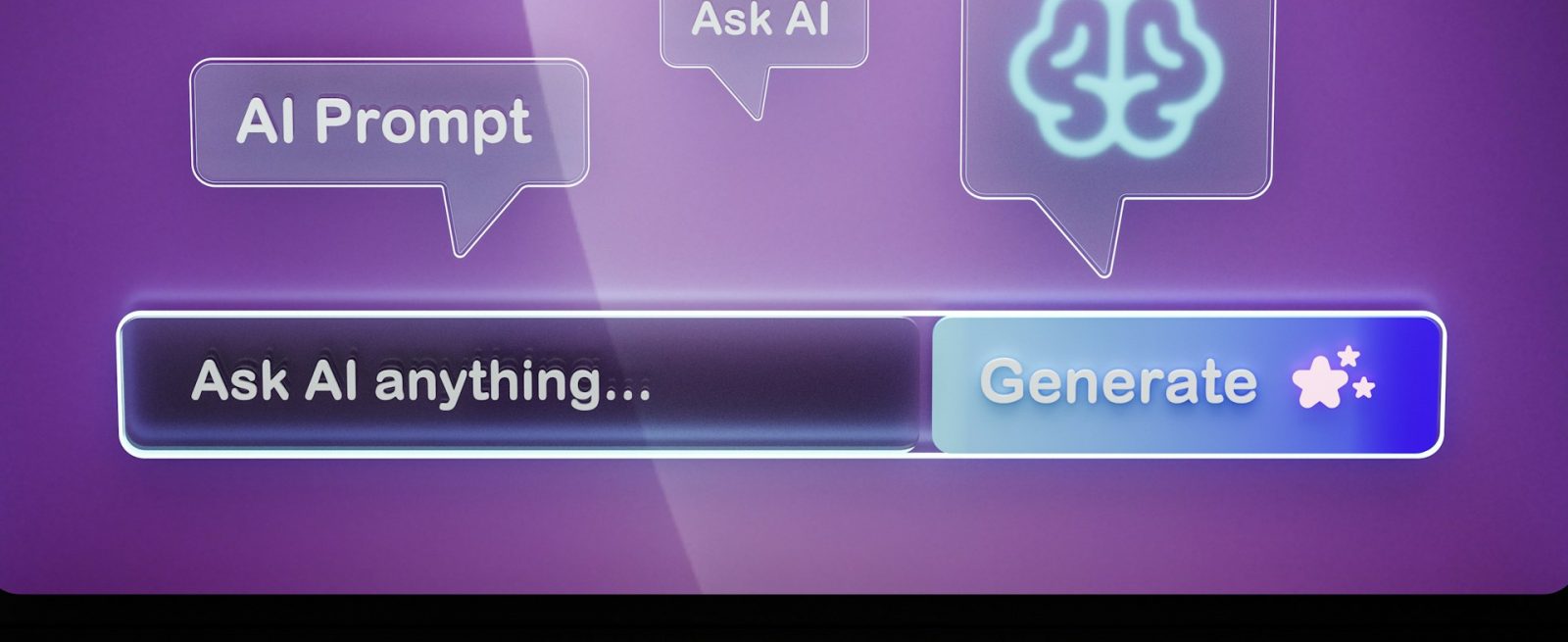Effectively Using AI to Improve Restaurant Branding
3 Min Read By MRM Staff
Restaurant operators can tap into artificial intelligence as a tool to enhance online perception, understand customer sentiment, learn from competition, and potentially boost sales.
“If you're a restaurant owner still on the sidelines about AI, it's time to act. AI is no longer an idea for the future,” Robin Gagnon, co-founder and CEO of We Sell Restaurants, told Modern Restaurant Management (MRM) magazine. “Instead, it is actively shaping how customers perceive your restaurant, influencing potential buyers, and impacting your valuation.”
She prioritized learning and integrating AI into her business and advises restaurant operators to do the same. Start with a simple prompt: “Describe my restaurant (Insert Name)” to see what’s readily available online.
For a deeper insights, Gagnon suggested operators use AI for summarizing online reviews with targeted prompts, such as:
-
“What are the top themes in Google and Yelp reviews for [restaurant name] regarding food, service, or atmosphere?”
-
“What strengths and weaknesses do guests mention in reviews of [restaurant name] on popular review platforms?”
-
“Who are the most frequently mentioned competitors to [restaurant name] in [City/State] based on online reviews?”
-
“How do people describe their experience at [restaurant name] in one sentence?”
“These prompts help operators understand customer perceptions and identify positioning, write effective ad copy, capitalizing on strengths and build competitive positioning.”
For operators already using AI for some functionality, Gagnon offered more advanced ways they can use it to learn more about their restaurant such as:
-
Sentiment Analysis Over Time: Track changes in customer perceptions to gauge improvement or decline.
-
Predictive Insights: Forecast peak dining hours or trending menu items.
-
Competitive Benchmarking: Compare star ratings, review volume, and sentiment against local competitors.
-
Content Generation: Create data-driven marketing campaigns highlighting a restaurant’s most-loved features. Post behind-the-scenes content on social media pushing your brand's messaging further.
“By leveraging predictive and strategic insights, operators can stay ahead of trends and drive long-term growth.”
AI can be effective not only for understanding the competitive landscape and maintaining a robust digital presence but also for gaining local area insights and trends. By analyzing competitor data, local search trends, popular cuisines, and event-driven demand, AI can help operators to strategically differentiate themselves and craft tailored promotions that resonate with potential guests, all while ensuring their online footprint builds trust and aligns with customer sentiment, Gagnon pointed out.
“AI can analyze competitors’ reviews, menus, social media, and local rankings to reveal strengths and weaknesses. For instance, if competitors are criticized for slow service, operators can emphasize their faster service in marketing. If competitors excel in specific dishes, AI can identify menu gaps to differentiate offerings, allowing strategic market positioning.”
Recurring themes in reviews shape a restaurant’s identity, she added.
“Words like ‘friendly,’ ‘slow,’ ‘authentic,’ or ‘overpriced’ signal consistent customer experiences in food quality, service, ambiance, or value. Emotionally charged terms such as ‘love,’ ‘disappointed,’ ‘memorable,’ or ‘frustrated’ carry significant weight, as they influence customer loyalty and recommendations.”
To analyze local search trends, popular cuisines, or seasonal demand, Gagnon said operators can ask, “What cuisines are trending in [City]?” or “What local events are driving restaurant traffic this month?” These insights enable tailored promotions and menus to attract local guests.
Because AI tools synthesize everything that’s online, results can be bothersome or inaccurate. Inaccurate information often results from limited online data or website restrictions that block AI bots, Gagnon said. Operators should work with their web developers to ensure controlled access for AI tools, enabling accurate data collection.
“To counter negative reviews, restaurant owners will need to encourage more positive reviews and outweigh and outrank unfavorable ones, enhancing the restaurant’s online reputation.”
Operators should review and update their digital presence monthly to stay aligned with shifting customer sentiment and trends, Gagnon said. This includes updates to reviews, business hours, promotions, and menu items to ensure consistency, building trust with both customers and search engines, including AI-driven platforms.

